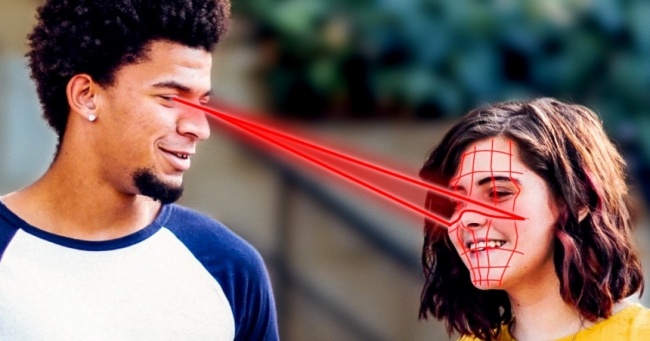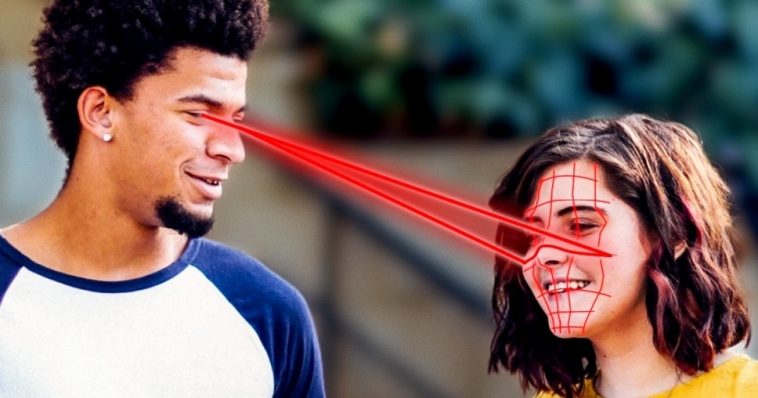
9 Tips from Secret Agents to Help You See Right Through People

The ability to read others can be an effective way to help you communicate with them. LaRae Quy, who worked as an FBI agent for 23 years, has this to say on the subject: “You don’t have to be a first-class detective to understand what is going on in someone’s head. There are always signals that you can use. All you need to know is where to look for them.”
So what exactly are the signs that can reveal what a person is thinking or feeling? FunnyModo put together nine pieces of advice from LaRae that will help you see right through people.
There’s a whole range of physical behaviors that people engage in. For example, people might stare at the floor during a conversation, cross their arms, cough, scratch their heads, or rock back and forth on their feet.
People behave in different ways for various reasons. Defining someone’s basic model of behavior will help you understand their actions — are they doing something out of habit, or is something you observe an indication of deceit, anger, or immaturity?
Pay attention to the differences between an individual’s basic model of behavior and their words and gestures.
For example, have you noticed that someone has the habit of clearing their throat several times when they’re nervous? Could it be that they’re hiding something more behind this than might be obvious at first glance?
A single gesture or word doesn’t always have a hidden meaning. But when certain gestures follow one after another in a pattern, pay attention.
For example, someone might repeatedly cough, scratch their head, and shuffle their feet at the same time. In this case, you need to be careful.
If you notice that someone is acting somewhat out of the ordinary, pay closer attention to them. How does this person interact with others in the room? Does their facial expression change? What about their pose and their body language?
The mirror neurons located in the brain reflect the condition of our minds. For example, a smile activates muscles that are responsible for a happy facial expression. When we frown, we show our dissatisfaction.
When we look at someone we like, we give a signal to our facial muscles to relax. If that person’s face doesn’t “answer” you in the same way, this person is sending you a message: either they don’t like you, or they don’t like something you did.
The strongest person isn’t always the one who sits at the head of the table. A self-confident person, as a rule, has a strong voice (not to be confused with a loud voice).
Often, the leader of a group is a weak personality who to a large degree depends on others. Determine who in a group of people has the strongest voice, and your chances of success increase.
Often, people lack a fluidity to their movements. And if a person looks down at their feet rather than in front of them when walking, this is a sign of a lack of self-confidence.
If you notice this in a member of your team, offer this individual greater praise to strengthen their trust in you. Or pose direct questions to them in order to drag out of them what they’re too scared to say.
Action words (very often, verbs) give a better sense of how a person thinks.
For example, if your boss says that he “decided to work with company X,“ the action word here is ”decide.” This one word indicates that, most likely, your boss is: a) not impulsive, b) weighed up different courses of action, and c) calculates several steps ahead.
Each of us has a unique personality, but there are basic questions that allow you to read a person at a fundamental level, whoever they are:
- Is this person an introvert or an extrovert?
- Are interactions with others a starting point for their actions?
- How does that person cope with risk and uncertainty?
- What feeds their ego?
- How do they behave in stressful situations?
- What are they like when they’re relaxed?
Bear in mind that you need time to learn how to read people flawlessly. And, of course, there are exceptions to every rule. But by sticking to these principles, you can improve your skills of observation and raise your ability to understand people, in turn allowing you to communicate more effectively.
Based on materials from laraequy.com













Comments